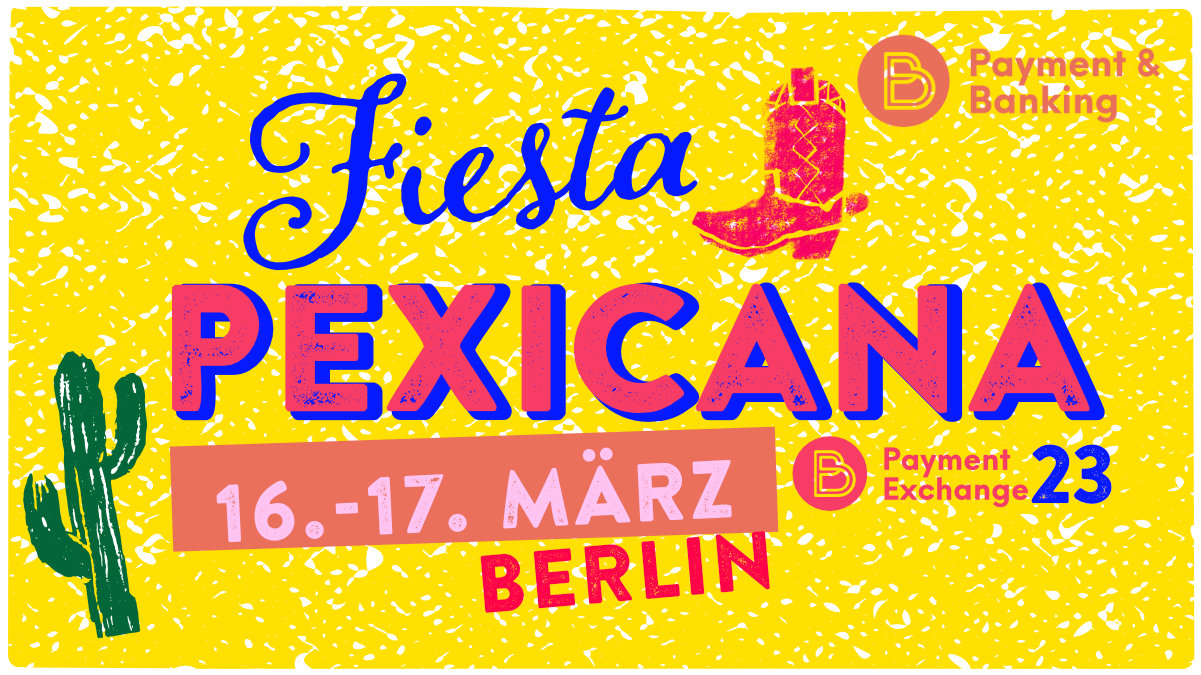Topics like blockchain and cryptocurrencies have long been part of daily news coverage, and investors see a bright future in blockchain and its companies. But although more and more players are addressing the issue, women are still rare in the industry. In our series, we therefore present women who are shaping the blockchain industry.
The percentage of women involved in cryptocurrency is far below that of men. Despite various efforts to get women interested in the subject complex as well, the crypto scene is a largely male-dominated industry.
With our series, we introduce female impulse makers from the blockchain that no one in the DACH region can pass by. They are role models for those who are interested in the technology and want to play a key role in shaping its success. Not least because blockchain can be used as a tool for gender equality and inclusion.
Today in conversation: Sylvie Durach from hopa
How did you get into blockchain and what exactly do you do?
In 2018, I lived near Los Angeles and worked in strategy for a fintech startup. That was when I first bought Bitcoin privately, on the advice of a friend who worked there as a software engineer.
Then in October 2021 I met my two co-founders Caspar Huisman (Product) & Adam Borčány (Tech) in Berlin. While Caspar and I come from the FinTech sector, Adam comes from the crypto direction as a full-stack software developer, which complements each other perfectly. Together we are now building hopa, a solution that makes paying cross-border freelancers in emerging markets easier, cheaper and faster using cryptocurrencies & blockchain.
Since most companies in Europe are reluctant to hold cryptocurrencies on their books themselves due to the unclear regulatory situation, companies pay us in Euros and we forward USD stablecoins to freelancers. At the same time, we also offer freelancers an easy way to exchange their USD stablecoins into the local currency through local partnerships.
At the moment we are focusing on freelancers in the African market, as we have found that the traditional payment channels from Europe to Africa are extremely slow and expensive. African freelancers therefore have a high barrier to entry into the European market. With hopa, freelancer payments no longer take several days, but only a few minutes. In the future, we would also like to expand into other international markets and hope to help close the talent gap through simplified freelancer payments.
What attracts you to the subject?
I started my career in banking and then moved into fintech because I have always been very attracted to innovative business models and building companies. When I looked more closely into blockchain & cryptocurrencies, I realized the scope of the technology and how much impact can be made here. In general, as far as blockchain technology and cryptocurrencies are concerned, we are still at the very beginning. It’s practically a wild west. At the same time, there is a lot being built in this space for crypto-native users and I’m happy that with hopa we can play a part in shaping this industry and making it accessible to more people.
🇲🇽 The hottest payment party of the year! 🇲🇽
Why should everyone embrace cryptos and blockchain in the future?
Cryptocurrencies and Web3 are buzzwords that unfortunately often appear in the media with negative connotations. I hope more people will take the time to form a more nuanced opinion and recognize the opportunities of the technology and not be led by the scaremongering of the media.
What part do you play in bringing the topic to the masses?
At hopa, we build a bridge between € and cryptocurrencies and ensure that companies can pay in cryptocurrencies without being exposed to regulatory risk and tax issues. For freelancers, we offer faster payment and an easy way to exchange all or part of the cryptocurrencies for local currencies. It is these bridges that we believe are necessary to support crypto adoption.
Which social media platforms are particularly important for you and your work, or which do you use?
For us, LinkedIn is the most important platform to reach our target audience: Freelancer Platforms, Tech Agencies & Startups/Scaleups as well as Freelancers in emerging markets. We also use Twitter & Telegram to stay up to date on cryptospace.
In our series “Women Impetus Drivers of the Blockchain Industry” have already appeared:
